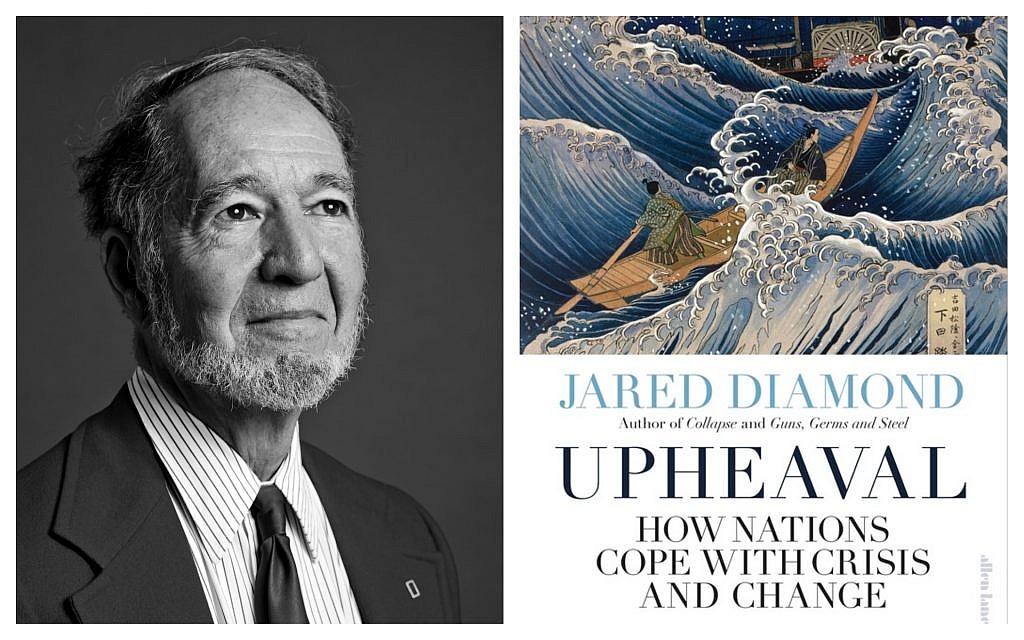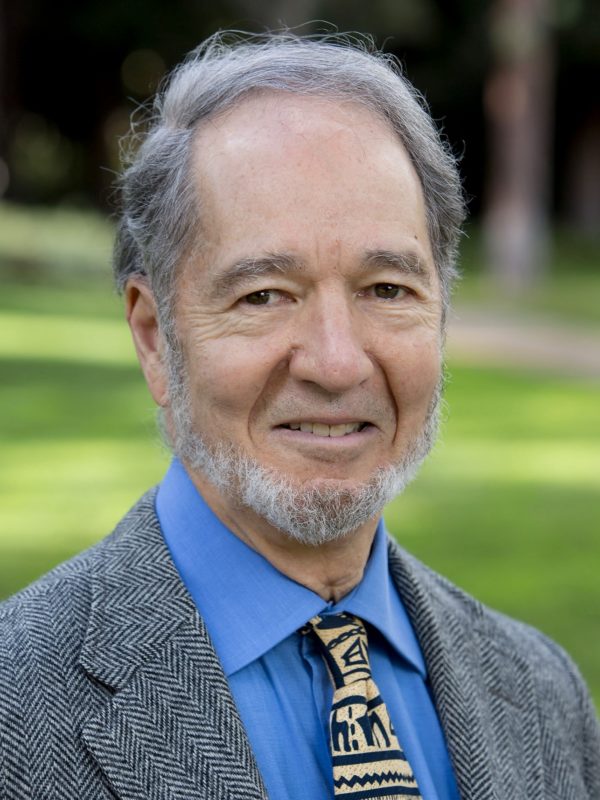
In a one-acre sheep pasture, there are more animals to eat than in a one-acre forest. In a one-acre wheat field there's more to eat than in a one-acre forest. What were the benefits of the agricultural lifestyle compared to the hunter-gatherer existence?įarming lets you feed far more people than hunting and gathering. Nobel Laureate Daniel McFadden and Nat Geo Explorer Jared Diamond discuss why humans make decisions the way they do and the impact of those choices on the survival of our species.

Those few species were concentrated in a few areas, of which the two with the greatest variety were the Fertile Crescent and China. Only a tiny fraction of wild plants and animals were both useful and possible to domesticate. These places had the greatest variety of wild plants and animals suitable for domestication. The first farming, as far as we know, appeared in the Fertile Crescent some 11,500 years ago, and shortly thereafter in China. Where did the first farming societies appear? Hunter-gatherer societies don't produce enough food surpluses to support those extra people. All the interesting stuff like technology, writing, and empires requires a productive economy that is producing enough food to feed technological experts, bureaucrats, kings, and scribes.


It's overwhelmingly due to the difference in the wild plant and animal species suitable to domestication that the continents made available. I say the answer is location, location, location. Why over the past 10,000 years has the development of different societies proceeded at such different rates? National Geographic News spoke with Diamond, a professor of geography, environmental health science, and physiology at the University of California in Los Angeles. Now the book has been turned into a three-part National Geographic Special, which airs on PBS on three consecutive Mondays, July 11, July 18, and July 25, at 10 p.m. The physical locations where different cultures have taken root, he claims, have directly affected the ability of those societies to develop key institutions, like agriculture and animal domestication, or to acquire important traits, like immunity to disease. In his Pulitzer Prize-winning book Guns, Germs and Steel, scientist Jared Diamond argues that the answer is geography. Why did history unfold differently on different continents? Why has one culture-namely that of Western Europe-dominated the development of the modern world?


 0 kommentar(er)
0 kommentar(er)
